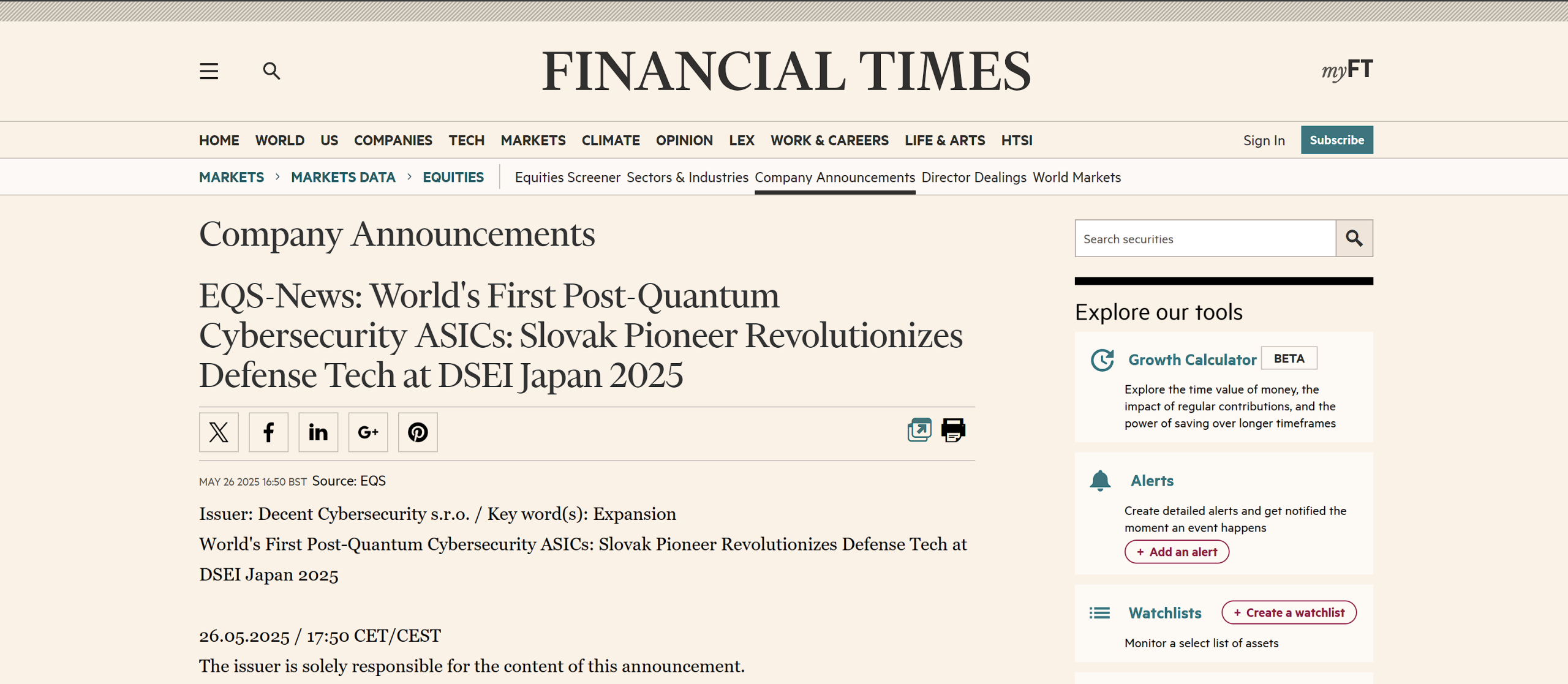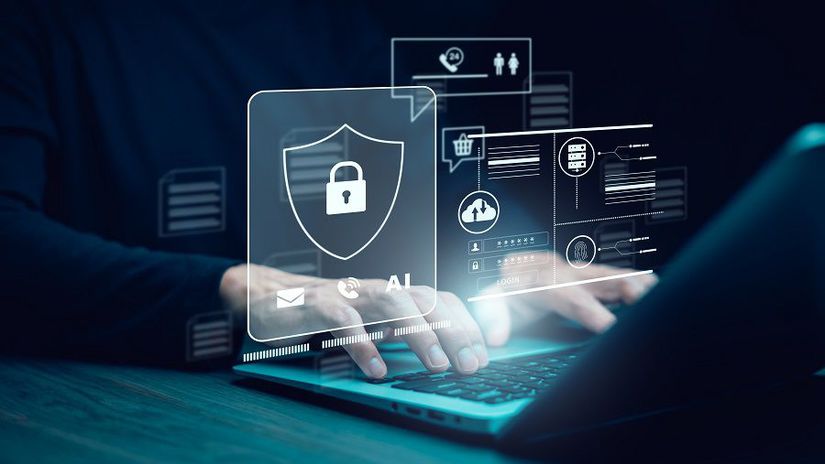In the era of rapid technological advancements, national security faces unprecedented challenges, particularly from the realm of quantum computing. As we step into a future where quantum computing capabilities could potentially break traditional encryption methods, enhancing national security with quantum-ready encryption standards becomes crucial. This article discusses the importance of adopting quantum-ready encryption standards for national security and the approaches being taken to achieve this.
The Quantum Threat to National Security
Quantum computing poses a unique challenge to national security due to its potential to decrypt widely used cryptographic standards, including those that secure governmental communications, sensitive data, and critical infrastructure. The advent of quantum computing could leave nations vulnerable to cyber espionage, data breaches, and threats to critical national infrastructure.
Approaches to Quantum-Ready Encryption
Development of Quantum-Resistant Algorithms: The cornerstone of quantum-ready encryption is the development of quantum-resistant algorithms. These algorithms, unlike traditional ones, are based on mathematical problems that are considered hard for quantum computers to solve, such as lattice-based and hash-based cryptographic methods.
Implementing Hybrid Encryption Systems: Adopting a hybrid approach that combines current encryption methods with quantum-resistant algorithms can offer immediate security against current threats while preparing for future quantum challenges.
Regular Security Audits and Upgrades: Continuous monitoring and upgrading of cryptographic standards are essential to stay ahead of potential quantum computing advancements. Regular security audits will help in identifying vulnerabilities and implementing timely upgrades.
Investment in Quantum Key Distribution (QKD): QKD offers a theoretically unbreakable method of encryption based on the principles of quantum mechanics. Investing in QKD infrastructure can significantly enhance the security of national communications.
Challenges in Implementing Quantum-Ready Encryption
Technological and Financial Constraints: Developing and implementing quantum-ready encryption standards requires significant technological expertise and financial resources, which may be challenging for some nations.
Global Standardization and Cooperation: Establishing global standards for quantum-ready encryption is crucial to ensure interoperable and uniform security practices among nations.
Balancing Security and Accessibility: Ensuring that enhanced security measures do not hinder the accessibility and efficiency of national systems is essential for practical implementation.
Conclusion
Enhancing national security with quantum-ready encryption standards is a critical step in preparing for the quantum computing era. While the challenges are significant, the potential risks posed by quantum computing to national security necessitate urgent and proactive measures. Adopting quantum-resistant algorithms, investing in QKD, and ensuring regular updates of security protocols are integral to maintaining national security. Collaborative efforts, both domestically and internationally, are key to successfully navigating the transition to a quantum-safe security landscape. As technology continues to advance, the importance of being quantum-ready in national security cannot be overstated.





